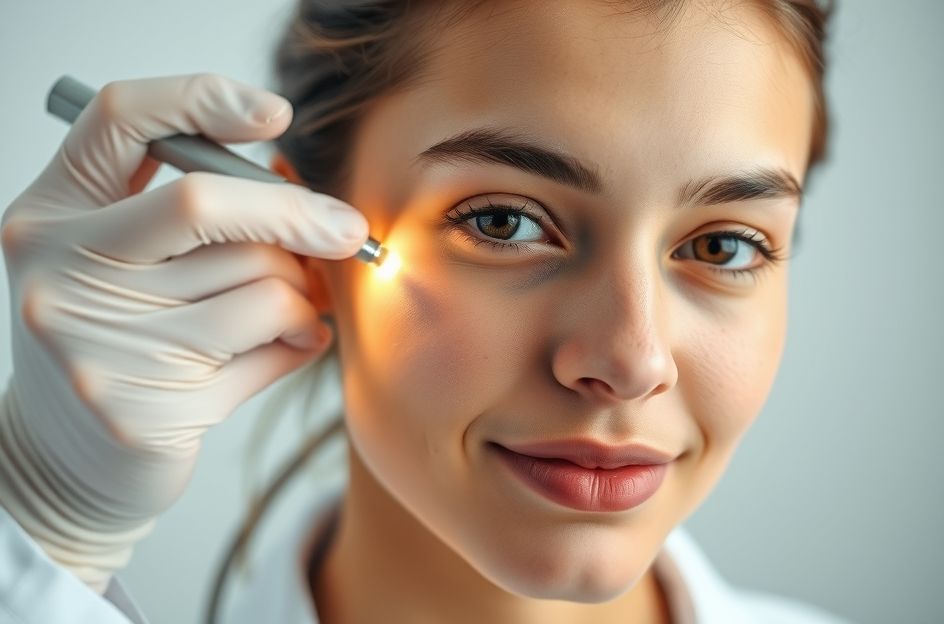While over-the-counter treatments are often effective for mild acne, consulting a dermatologist is advisable for any unusual or persistent skin condition. A dermatologist can provide personalized advice and treatment options, even for acne.
Severe acne necessitates professional treatment by a dermatologist, who can prescribe medication to address severe outbreaks. While moderate and mild acne may respond to over-the-counter solutions, prescription medications can offer faster and more effective results. Acne prescriptions come in two forms: oral and topical. Dermatologists often use a combination of both to maximize effectiveness.
Antibiotics are frequently prescribed to combat acne and are available in both oral and topical forms. Topical medications often contain ingredients like zinc and retinoids.
Tetracycline is a common antibiotic used in acne treatment. It works by killing acne-causing bacteria and reducing inflammation. Antibiotics require consistent use, often for weeks or months, to clear the skin. Continued use after clearing is also important to prevent recurrence. A common side effect of tetracycline is increased sensitivity to the sun, requiring careful sun protection. Other potential side effects include nausea, hives, and dizziness.
Women taking tetracycline may experience an increased risk of vaginal yeast infections. Tetracycline is not suitable for young children or pregnant women, as it can cause discoloration of developing teeth.
Topical antibiotic ointments generally have a lower risk of side effects. While they effectively kill bacteria, bacterial resistance can occur. Combining antibiotic lotions with medications like benzoyl peroxide can minimize this risk.
Retinoids, derived from vitamin A, are applied topically as lotions or creams. They are effective against blackheads and whiteheads by clearing clogged pores. The primary side effect is dry skin.
For severe acne unresponsive to other treatments, oral retinoids may be prescribed. These medications cause the top layer of skin to peel, opening pores and reducing sebum production. Because oral retinoids can cause serious birth defects, women using them must use two forms of birth control. They can also cause depression and liver damage, necessitating close medical monitoring.
Other medications can have beneficial side effects for acne. Birth control pills can help some women by regulating hormone levels and reducing testosterone. Zinc supplements can also be used as an acne treatment.
